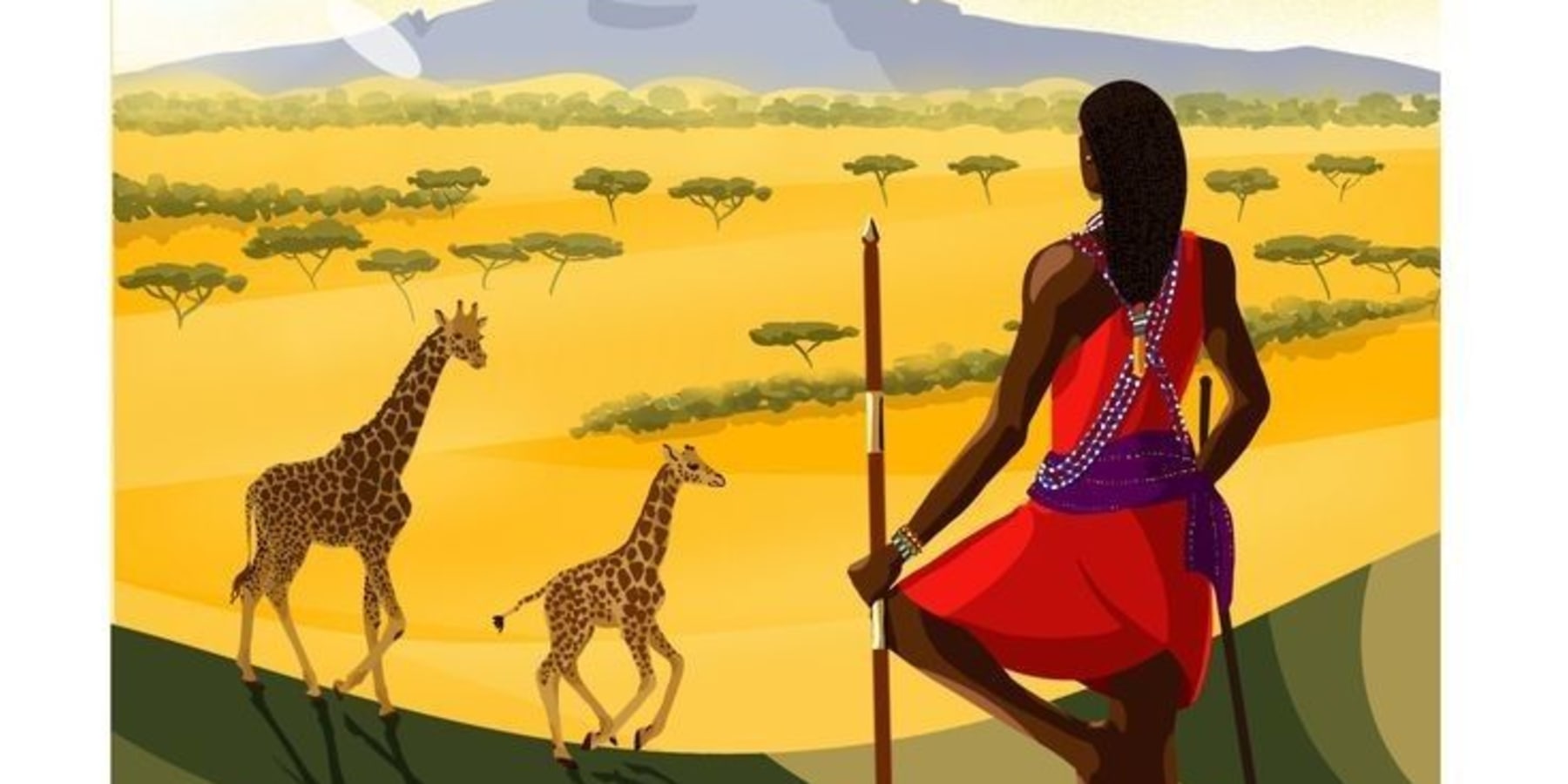
Tourism activities in Kenya offer numerous benefits to the country. Here are some key advantages of tourism in Kenya:
Economic Growth: Tourism is a significant contributor to Kenya's economy. It generates foreign exchange earnings, creates employment opportunities, and stimulates economic growth. The revenue generated from tourism supports various sectors such as accommodation, transportation, restaurants, and local businesses.
Job Creation: The tourism industry in Kenya provides employment opportunities to a wide range of people, including hotel staff, tour guides, drivers, artisans, and local vendors. This helps in reducing unemployment rates and improving the standard of living for many individuals and their families.
Foreign Exchange Earnings: Tourism brings in valuable foreign currency to Kenya through expenditures made by international tourists. This income helps strengthen the country's foreign reserves, supports the balance of payments, and contributes to overall economic stability.
Cultural Preservation: Tourism activities in Kenya often revolve around cultural heritage sites, wildlife reserves, and traditional communities. By promoting these attractions, tourism helps preserve and showcase Kenya's rich cultural heritage, traditions, and indigenous practices. This encourages the appreciation and conservation of cultural assets for future generations.
Infrastructure Development: To cater to the needs of tourists, Kenya invests in developing and improving infrastructure such as airports, roads, hotels, and recreational facilities. This not only benefits tourists but also improves the overall infrastructure of the country, benefiting local communities and residents.
Conservation Efforts: Kenya is known for its abundant wildlife and natural landscapes, including national parks and reserves. Revenue generated from tourism activities is often channelled towards conservation efforts, including anti-poaching measures, wildlife protection, habitat restoration, and environmental conservation. Tourism plays a crucial role in raising awareness about the importance of wildlife and nature conservation.
Socio-Cultural Exchange: Tourism provides an opportunity for cultural exchange between locals and tourists. Visitors have the chance to engage with local communities and learn about their traditions, languages, and lifestyles. This exchange fosters mutual understanding, tolerance, and appreciation of different cultures.
Diversification of the Economy: Tourism helps diversify Kenya's economy by reducing dependence on a single sector. By promoting tourism as a key industry, the country can reduce vulnerability to fluctuations in other sectors and create a more balanced and resilient economy.
Improved Infrastructure and Services: To cater to the needs of tourists, Kenya invests in improving public services, transportation, healthcare facilities, and other amenities. This not only benefits tourists but also enhances the quality of life for local residents, leading to improved services and infrastructure across the country.
Education and Research Opportunities: Tourism activities often support educational initiatives, research projects, and cultural exchanges. This provides opportunities for locals to develop skills in hospitality, guiding, conservation, and related fields. Additionally, tourism generates data and research opportunities that contribute to a better understanding of Kenya's natural and cultural resources.
Overall, tourism activities in Kenya have the potential to contribute significantly to the country's economic development, cultural preservation, environmental conservation, and social well-being.

